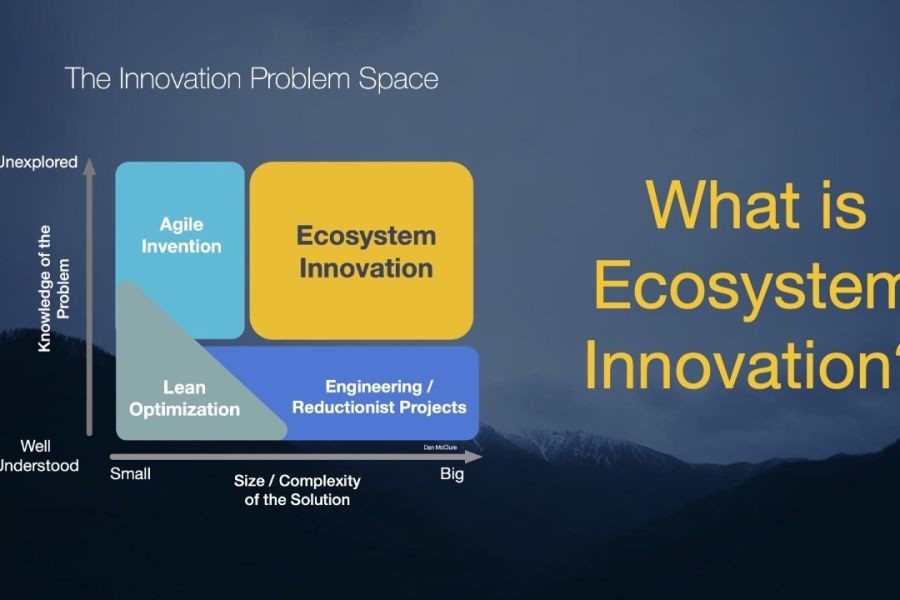In the vibrant world of social media, New Zealand's influencers are quietly reshaping the marketing landscape. While their public personas often steal the spotlight, much of their financial success happens behind the scenes, driven by strategic business acumen rather than mere popularity. This article delves into the hidden revenue streams and strategic maneuvers that Kiwi influencers leverage to bolster their income, drawing on local economic trends and international insights to provide a comprehensive view.
How It Works: Behind the Scenes of Influencer Revenue
In New Zealand, influencers are not just content creators; they're savvy entrepreneurs who understand the nuances of digital marketing. The influencer economy is intricately linked to the country's broader economic dynamics, where tourism, agriculture, and technology play significant roles. Influencers often act as brand ambassadors for local products, tapping into New Zealand's unique cultural and natural appeal.
Affiliate Marketing and Brand Collaborations
Affiliate marketing remains a cornerstone of influencer revenue. By partnering with brands, influencers earn a commission for every sale made through their referral links. This strategy is particularly effective in New Zealand, where consumers are increasingly turning to online shopping. According to Stats NZ, e-commerce sales have grown by 30% annually, providing a fertile ground for affiliate marketing strategies.
Brand collaborations offer another lucrative avenue. Influencers often collaborate with local and international brands to create content that resonates with their audience. This not only enhances brand visibility but also establishes influencers as credible voices in their niche. For instance, a collaboration between a Kiwi influencer and a sustainable fashion brand can drive significant engagement and sales, reflecting New Zealand's growing focus on sustainability.
Sponsored Content and Digital Products
Sponsorship deals are a significant revenue stream for influencers. By creating sponsored content, influencers can align their personal brand with companies whose values and products they endorse. This strategy requires a delicate balance, as authenticity is key to maintaining audience trust. Sponsored content is particularly effective in sectors like tourism and food, where visual storytelling can captivate audiences.
Digital products, such as e-books, online courses, and exclusive content, provide influencers with another revenue stream. These products allow influencers to monetize their expertise and offer value-added content to their followers. In a country where education and self-improvement are highly valued, digital products are a natural extension of an influencer's brand.
Case Study: How a Kiwi Influencer Maximized Revenue
Case Study: Lucy's Sustainable Fashion Journey
Problem: Lucy, a well-known Kiwi influencer in the sustainable fashion niche, faced the challenge of monetizing her growing follower base. Despite her popularity, she struggled to translate engagement into revenue.
Action: Lucy implemented a multi-pronged strategy. She partnered with local sustainable fashion brands for affiliate marketing and collaborated on exclusive product lines. Additionally, she launched an online course on sustainable fashion, providing in-depth insights and styling tips.
Result: Within a year, Lucy's revenue increased by 50%. Her affiliate marketing efforts resulted in a 30% increase in sales for partner brands. Her online course attracted over 1,000 participants, generating significant income and enhancing her reputation as an industry expert.
Takeaway: Lucy's success underscores the potential of diversified revenue streams. By aligning her brand with sustainability and education, she tapped into market trends and consumer interests. New Zealand influencers can replicate this model by focusing on authenticity and value-driven content.
Data-Driven Insights and Emerging Trends
New Zealand's influencer economy is poised for growth, driven by several key factors. According to a report by the Ministry of Business, Innovation, and Employment (MBIE), the digital economy is expected to contribute significantly to GDP growth over the next decade. Influencers are at the forefront of this transformation, leveraging digital platforms to drive engagement and sales.
Moreover, the Reserve Bank of New Zealand highlights the increasing importance of digital transactions. This trend supports the growth of e-commerce and affiliate marketing, providing influencers with ample opportunities to monetize their content.
Pros and Cons of Influencer Marketing in New Zealand
Pros:
- High Engagement: Influencers often have dedicated followers, leading to higher engagement rates compared to traditional advertising.
- Authenticity: Influencers can create authentic content that resonates with audiences, enhancing brand trust and loyalty.
- Targeted Reach: Influencers can reach niche audiences, allowing brands to tailor their messaging effectively.
Cons:
- Costly Collaborations: High-profile influencers may demand significant fees, which can strain marketing budgets.
- Audience Mistrust: Over-commercialization can lead to audience skepticism, diminishing the effectiveness of sponsored content.
- ROI Uncertainty: Measuring the return on investment for influencer campaigns can be challenging, requiring robust analytics tools.
Common Myths and Mistakes
Myth vs. Reality
Myth: Influencers only earn money through brand deals. Reality: While brand deals are significant, influencers in New Zealand also earn through affiliate marketing, digital products, and public speaking engagements.
Myth: Only influencers with massive followings make money. Reality: Micro-influencers, with smaller but highly engaged audiences, often achieve better conversion rates and higher ROI for brands.
Myth: The influencer market is saturated and declining. Reality: The influencer market is evolving, with new niches and opportunities emerging, particularly in areas like sustainability and local tourism.
Future Trends and Predictions
The future of influencer marketing in New Zealand is bright, with several trends set to shape the landscape. By 2028, it's predicted that 40% of marketing budgets will be allocated to influencer campaigns, driven by the rise of micro and nano-influencers. These smaller influencers are seen as more authentic and relatable, offering brands an effective way to engage niche audiences.
Additionally, the integration of augmented reality (AR) and virtual reality (VR) in influencer marketing is expected to enhance content experiences, providing immersive and interactive engagements. This trend aligns with New Zealand's tech-savvy consumer base and the country's growing tech industry.
Conclusion
Influencer marketing in New Zealand is a dynamic and evolving field, offering significant opportunities for brands and influencers alike. By understanding the diverse revenue streams and leveraging local economic trends, influencers can maximize their earning potential while providing value to their audiences.
For marketers looking to tap into this vibrant ecosystem, the key lies in authenticity, strategic collaborations, and a keen understanding of consumer behavior. By staying ahead of emerging trends and adapting to the changing digital landscape, New Zealand businesses can harness the power of influencers to drive growth and engagement.
What strategies will you implement to leverage influencer marketing effectively? Share your thoughts and experiences below!
People Also Ask (FAQ)
How do influencers in New Zealand make money? Influencers in New Zealand earn through affiliate marketing, brand collaborations, sponsored content, and digital products, capitalizing on the country's robust e-commerce growth.
What are the biggest misconceptions about influencer marketing? A common myth is that only influencers with large followings make money. However, research shows that micro-influencers often deliver higher ROI due to their engaged audiences.
What upcoming changes in New Zealand could affect influencer marketing? By 2026, policy updates in digital marketing and data privacy could reshape influencer strategies, emphasizing transparency and consumer trust.
Related Search Queries
- Influencer marketing strategies in New Zealand
- How do influencers make money
- Affiliate marketing trends NZ
- Micro-influencers in New Zealand
- Future of influencer marketing
- Augmented reality in marketing
- New Zealand digital economy
- Social media trends NZ
- Brand collaborations with influencers
- Sustainable marketing practices






































interestguru
6 months ago